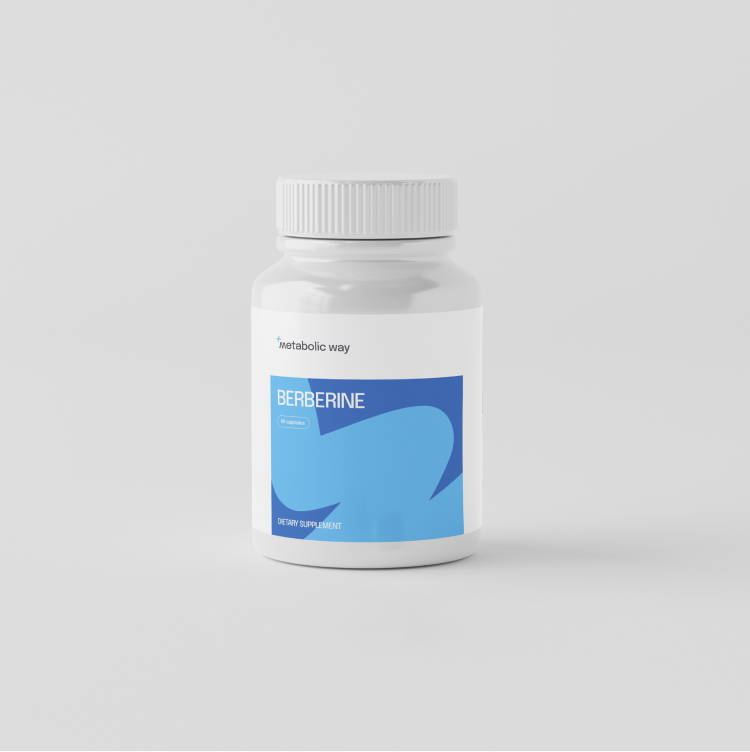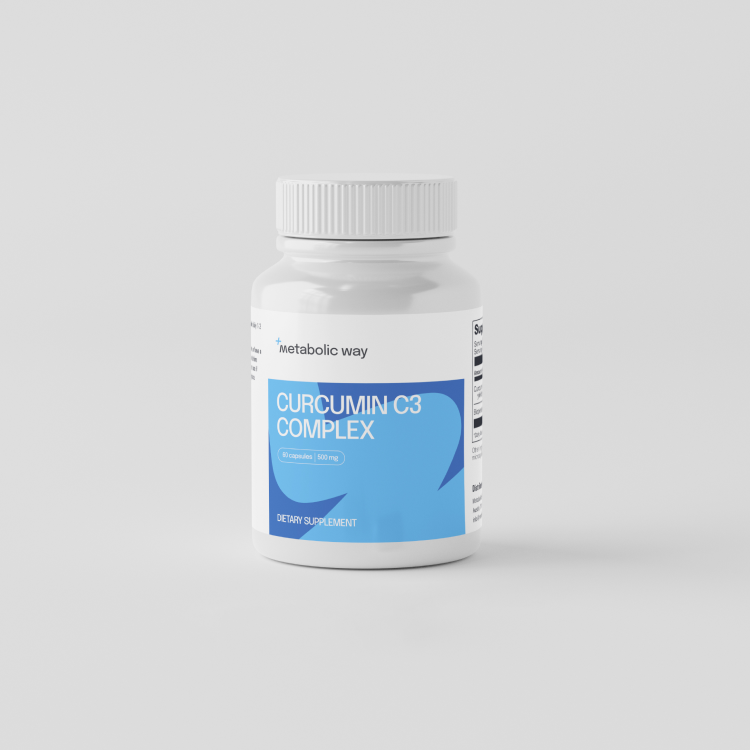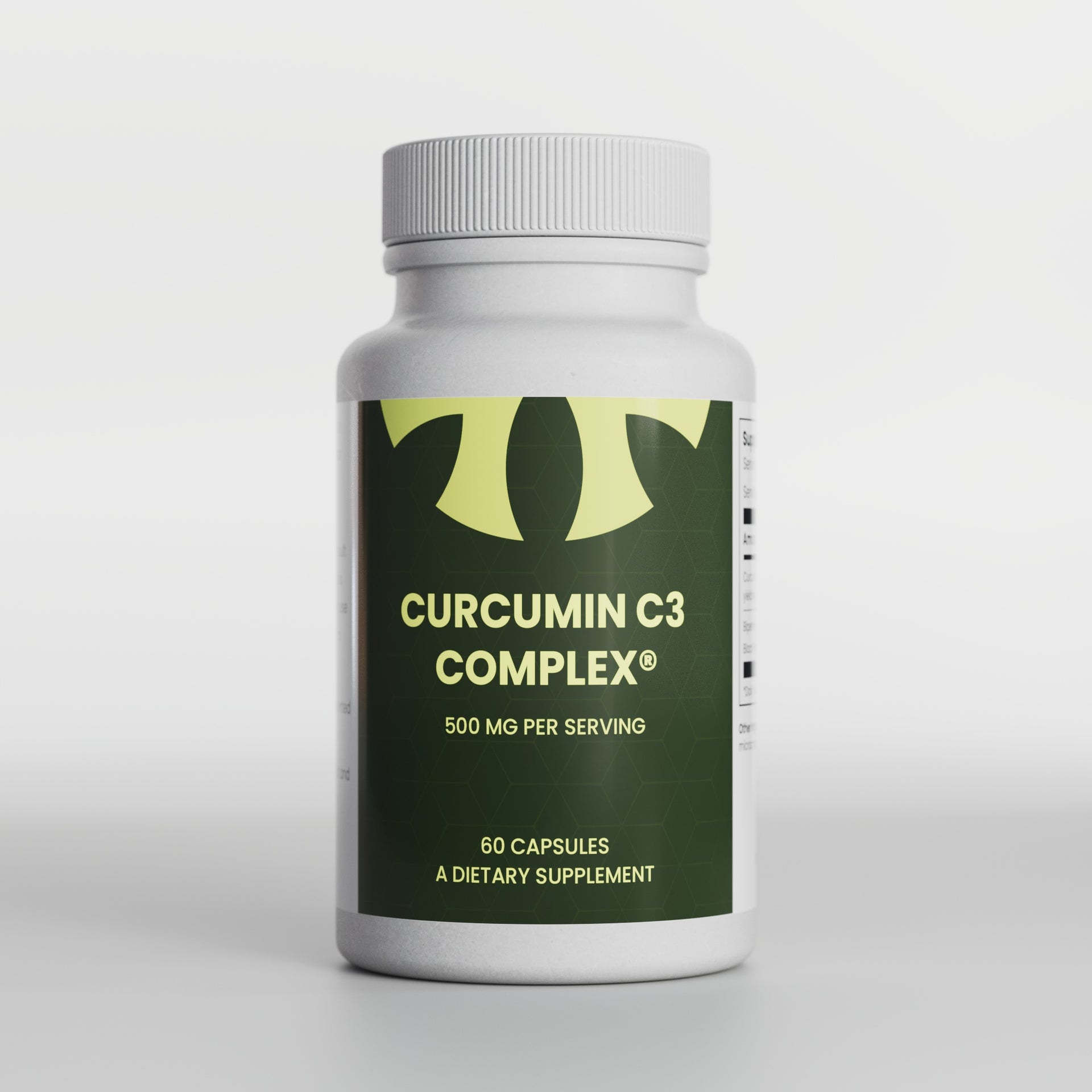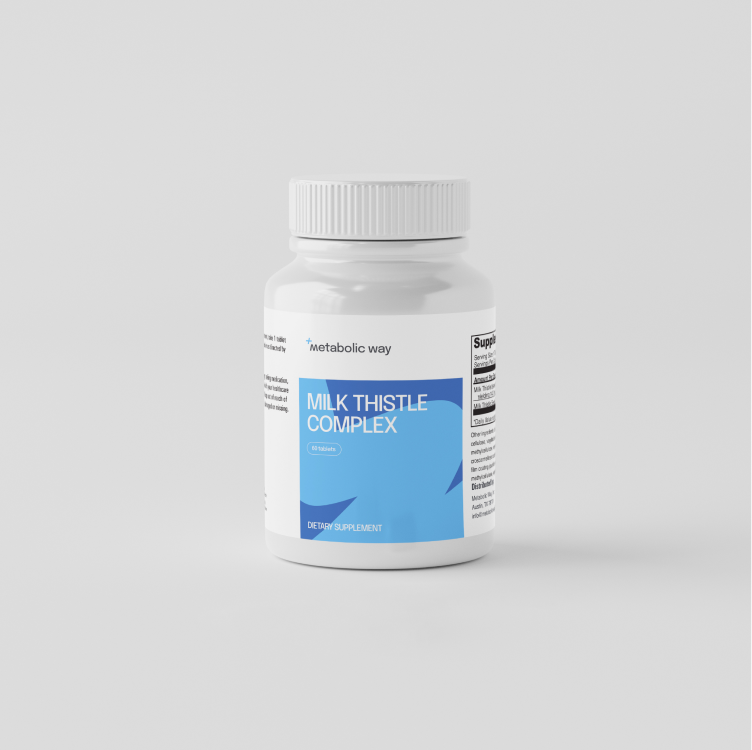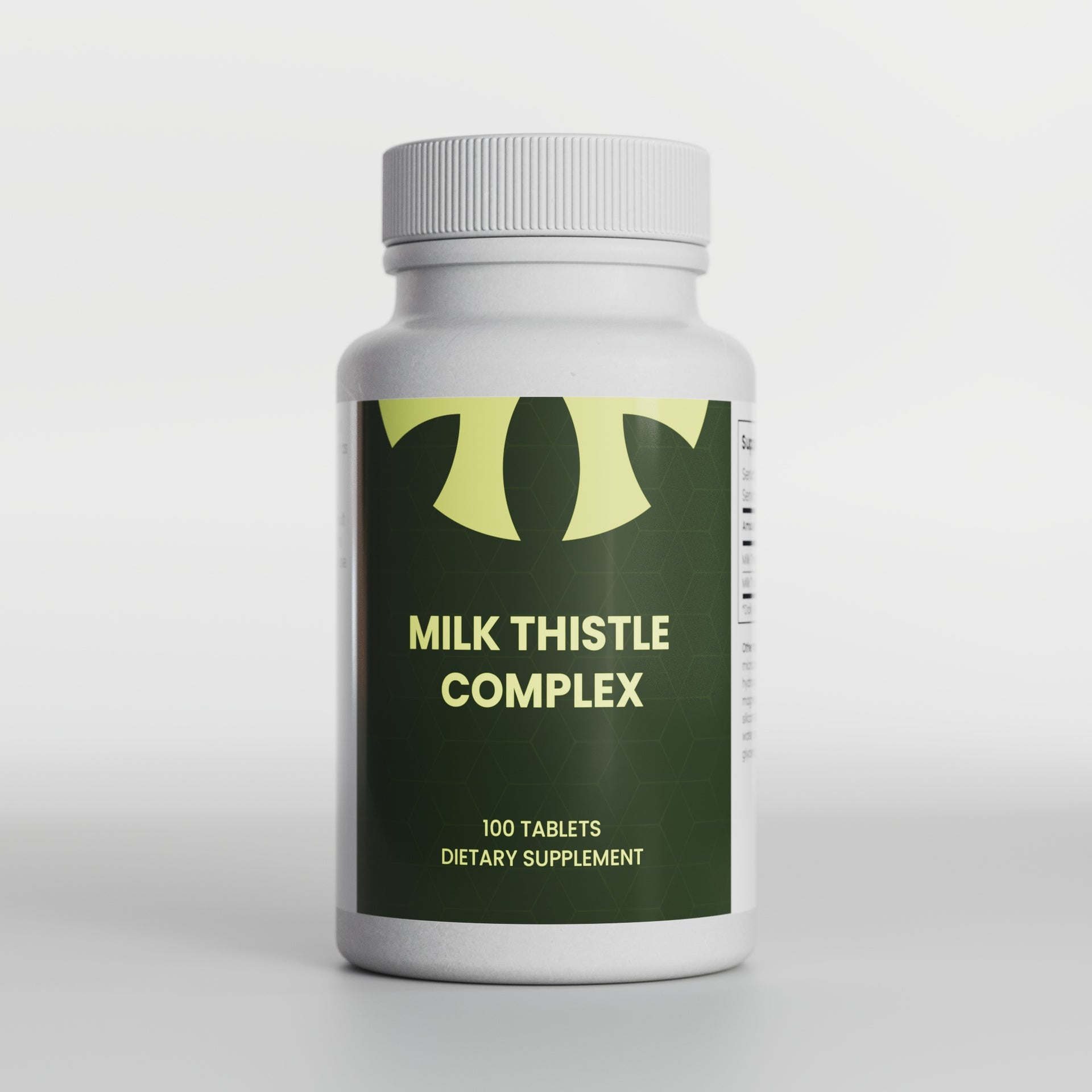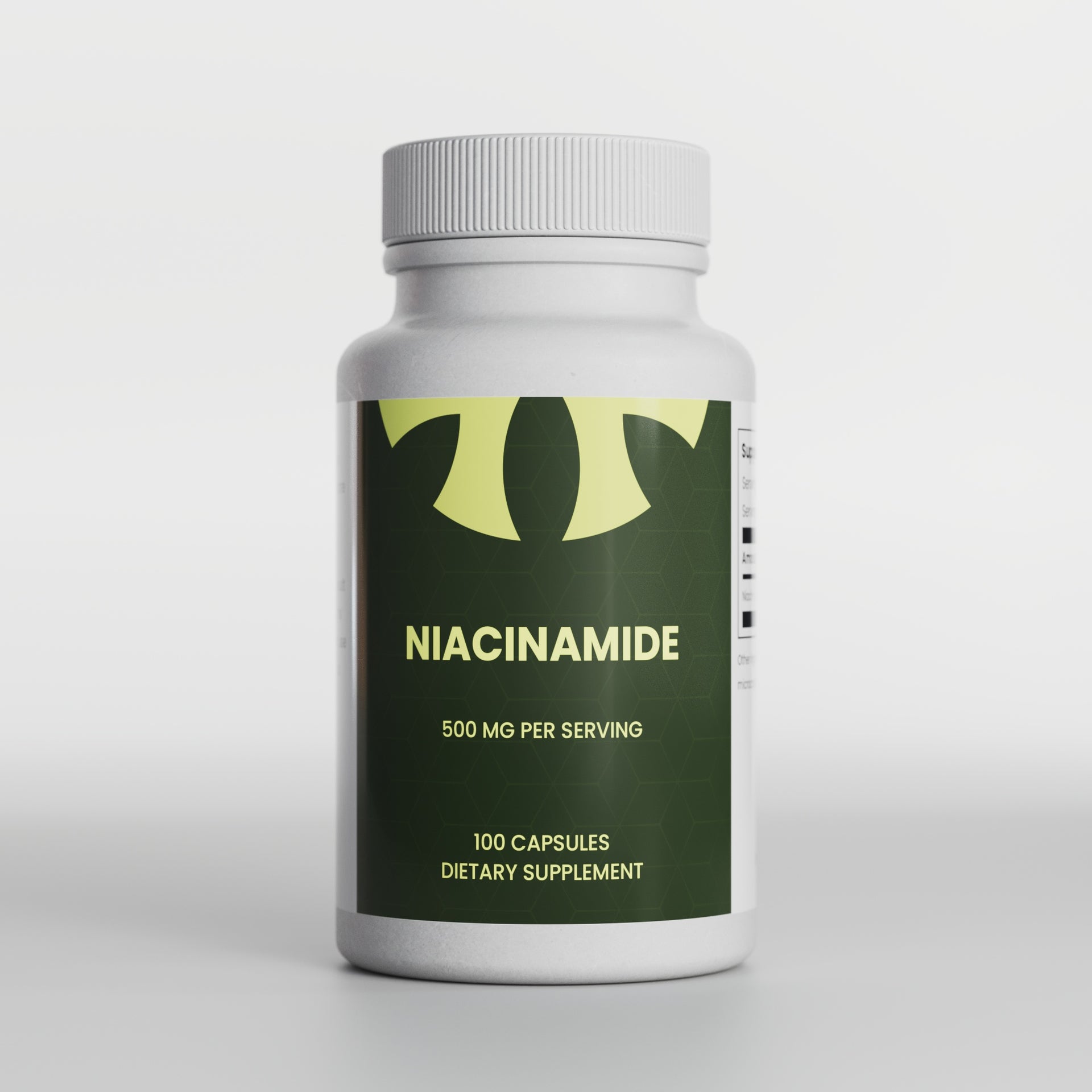Research Highlights:
Main Point 1: Herbal medicines are gaining popularity in Australia, supported by government initiatives and international demand.
Main Point 2: Herbal therapies are becoming increasingly important in healthcare, thanks to their safety and effectiveness.
Main Point 3: Herbal remedies show promise in preventing and treating conditions like Alzheimer's disease and prostate cancer.
Additional Points: Herbal medicine is gaining traction in the UK, but quality control remains a challenge.
Scientifically Reviewed by: Dr. Gary Gonzalez, MD, in August 2023.
Introduction
Herbal medicine has taken center stage in the healthcare landscape of Australia. The second international conference on herbal medicine, titled "Herbal Medicine: Practice and Science," held in Brisbane, sheds light on the growing influence of herbal remedies in the country. Senator Grant Tambling, the parliamentary secretary to the minister for health and aged care, emphasized the increasing demand for herbal medicines on a global scale. This shift is not only due to consumer preferences but also due to the recognition of the potential benefits of complementary healthcare products. In this article, we delve into the rising prominence of herbal medicine in Australia's healthcare system and its implications.
What You Need to Know
Point 1: Herbal Medicine's Rising Popularity Herbal medicines, especially those derived from plants, are gaining traction in Australia's healthcare industry. This surge is driven by the need for safe and effective healthcare options, along with growing acceptance by governments, regulators, communities, and professional groups. Senator Tambling highlights the crucial role of the Australian government as a regulator to ensure the safety of therapeutic goods while facilitating market growth.
Point 2: Herbal Medicine's Historical Significance Herbal medicine has a rich history, rooted in indigenous cultures worldwide. Conventional medicine has often drawn upon the knowledge and practices of herbal therapies. As consumers seek holistic approaches to enhance their well-being, herbal medicine continues to offer valuable insights. Recent discoveries include anti-cancer drugs like taxol and vincristine, derived from plants such as yew and periwinkle.
Point 3: Herbal Remedies for Health Conditions The conference also discussed the potential of herbal remedies in preventing and treating various health conditions. In the case of Alzheimer's disease, early identification of at-risk individuals is crucial. Herbal solutions like Ginkgo biloba have shown promise in improving cognitive function. For prostate cancer, dietary adjustments and phytotherapy play significant roles in prevention and treatment. Certain herbs, such as cat's claw, have demonstrated effectiveness in inhibiting the disease's progression.
Point 4: Herbal Medicine in the UK While Australia embraces herbal medicine, the UK faces challenges. Quality control of herbs remains a concern, with few herbalists having access to organically grown herbs. However, integrative medicine is gaining popularity in the UK, as people seek alternative solutions to health problems. Cost-effectiveness and the potential to provide long-term solutions make alternative therapies an appealing choice.
Section 1: The Growing Role of Herbal Medicine in Australia
Herbal medicine is gaining prominence in Australia's healthcare landscape. Senator Tambling recognizes the increasing importance of herbal therapies, attributing this shift to the demand for safe and effective medicines. The Australian government is poised to play a regulatory role to support this growing industry while ensuring the safety of therapeutic products.
Subsection 1.1: Herbal Medicine's Historical Significance Herbal medicine has been practiced by indigenous cultures for millennia. Its influence on what we now call "conventional medicine" cannot be overstated. As consumers explore natural solutions to improve their health, herbal therapies continue to yield valuable insights. Recent discoveries, such as anti-cancer drugs like taxol and vincristine derived from plants, underscore the significance of herbal medicine in shaping healthcare.
Subsection 1.2: Herbal Medicine's Role in Preventing and Treating Health Conditions Herbal medicine is not limited to holistic well-being but extends to the prevention and treatment of specific health conditions. Alzheimer's disease, a significant concern, benefits from early identification and nutritional protocols. Herbs like Ginkgo biloba have shown promise in enhancing cognitive function. For prostate cancer, dietary choices and phytotherapy hold potential in prevention and treatment, with herbs like cat's claw demonstrating inhibitory effects.
Section 2: Challenges and Opportunities in the UK
While Australia embraces herbal medicine, the UK faces unique challenges. Quality control of herbs remains a pressing issue, with limited access to organically grown herbs among herbalists. However, integrative medicine is gaining ground as an alternative approach to healthcare. The cost-effectiveness and potential for long-term solutions make alternative therapies an attractive choice for many.
Summary
The international conference on herbal medicine held in Brisbane highlights the growing significance of herbal remedies in Australia's healthcare system. Supported by government initiatives and increasing international demand, herbal medicine is taking on a more prominent role. It draws from a rich historical background, with conventional medicine building upon the lessons learned from herbal therapies. Moreover, herbal remedies show promise in preventing and treating conditions like Alzheimer's disease and prostate cancer. While the UK faces challenges in quality control, integrative medicine is gaining popularity as an alternative and cost-effective approach to healthcare.
References:
- Holmes P. The energetics of western herbs. Vol. 1. Boulder CO: Snow Lotus Press, 1997.
- International Conference on Herbal Medicine: Practice and Science, 1999, Brisbane, Australia.



